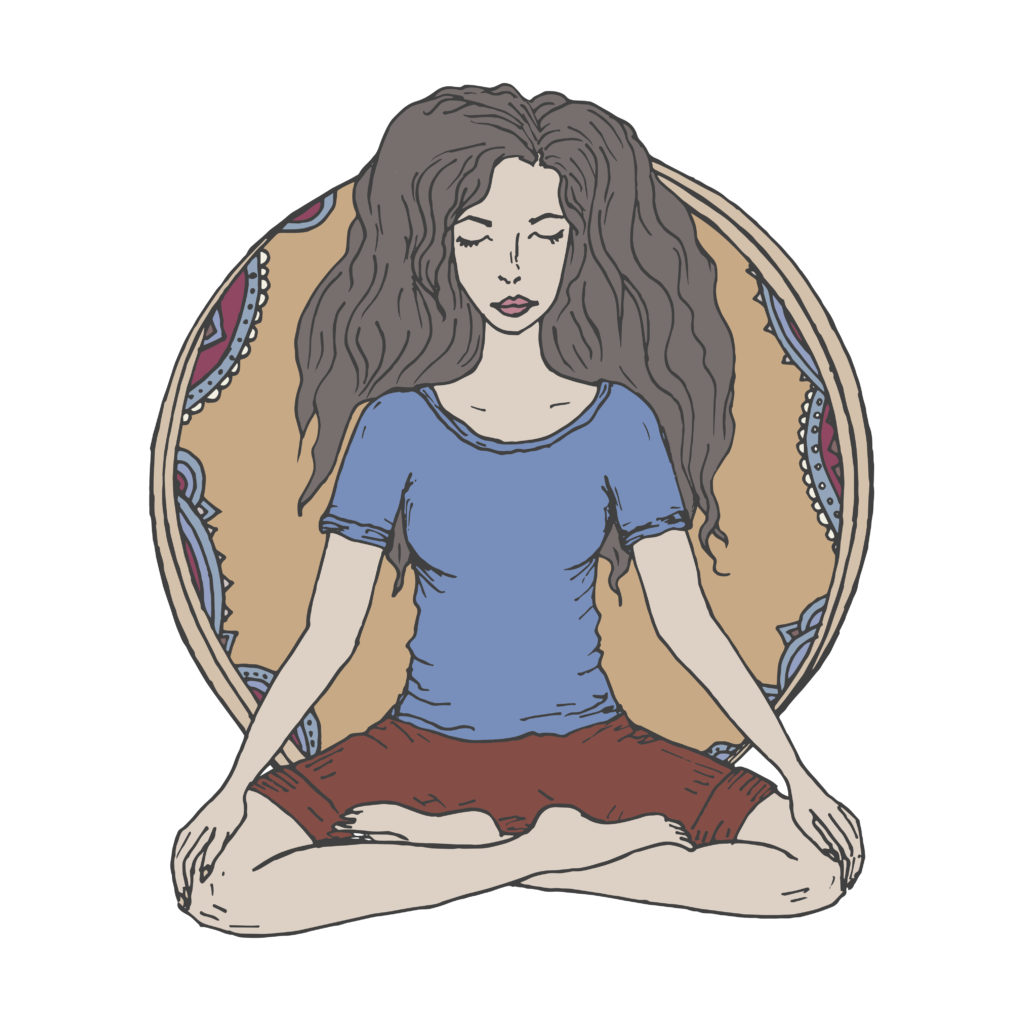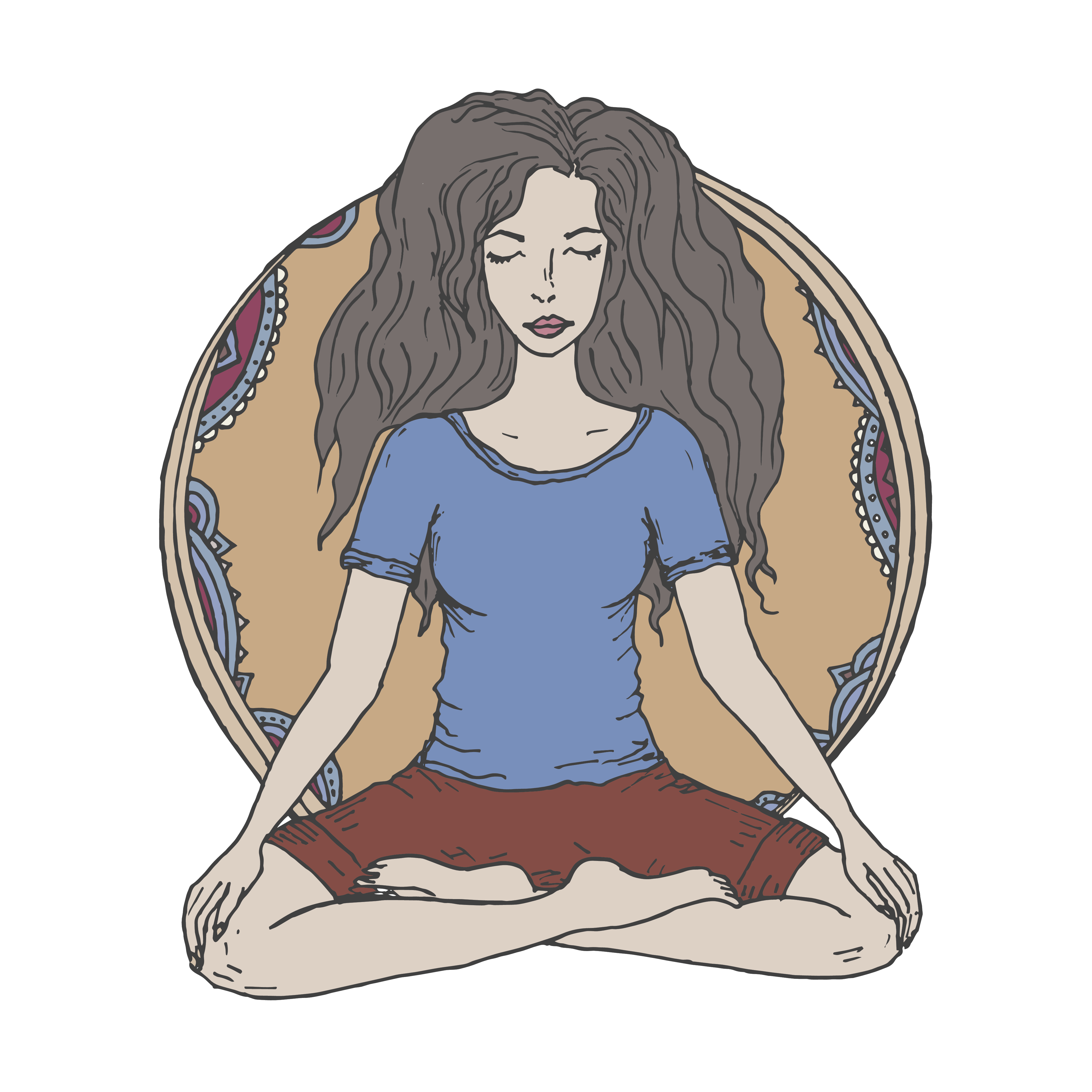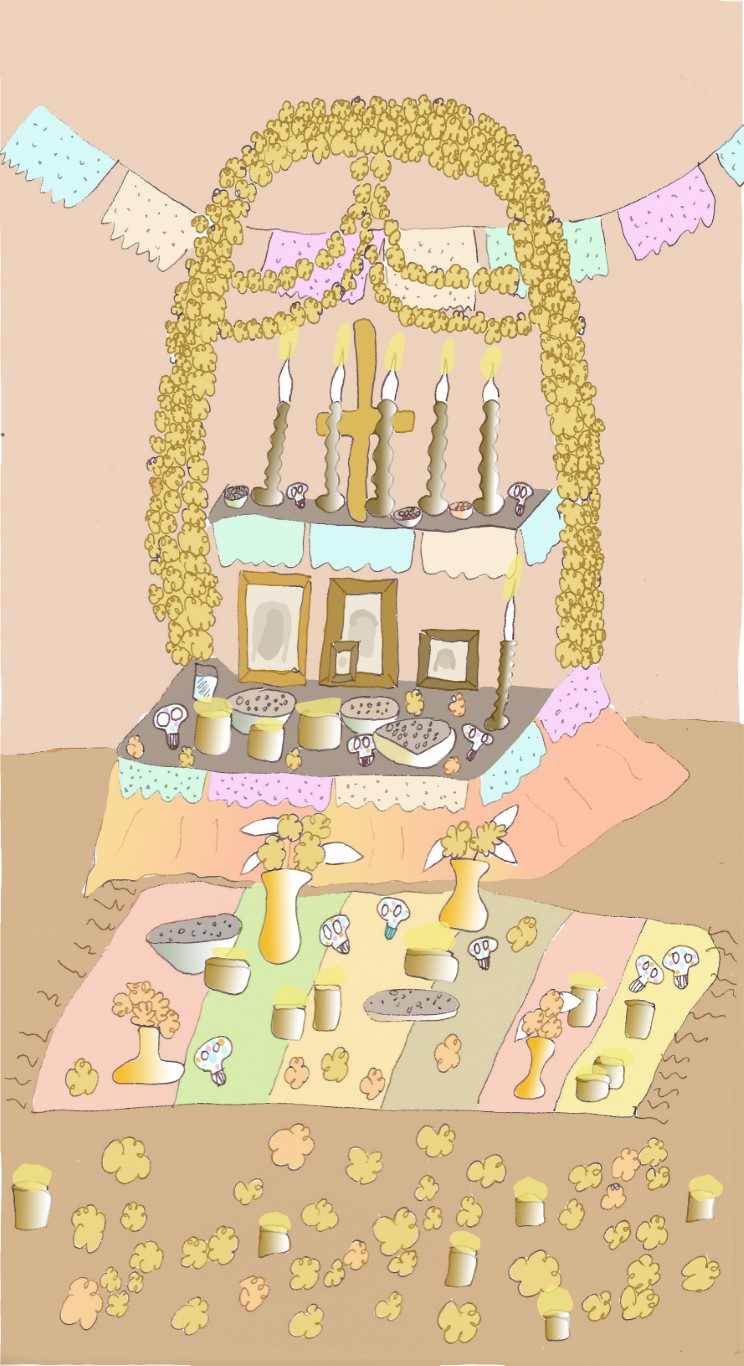
A cult or a form of spiritual enlightenment?
By Morgan Hannah, Life & Style Editor
So, there’s this thing—Vipassana meditation—floating around in my social circles, and I thought I’d get to the bottom of what it is in case it ever finds its way to you.
Some call Vipassana ultra-orthodox; some call it a spiritually enlightening Buddhist meditation technique—others have even called it a cult. The meaning of Vipassana in Pali is literally “inward vision,” or to see things as they really are. I’ve spent a good chunk of my time reading the personal blogs of those who’ve attended 10-day Vipassana retreats. The results of the experience are very interesting.
Dhamma.org, a website all about Vipassana, explain the ins and outs of the meditation. Ivy Kwong sums up the rules in her article on Medium: “No talking. No phones or tech. No yoga pants. No working out. No music. No reading. No writing. No killing (even spiders!) No stealing. No masturbation. No sex. No lying. No drugs or alcohol. No moving during ‘sittings of strong determination.’”
These are the rules once you sign the contract for a 10-day Vipassana retreat, of which there are many locations across the world. The closest one to Douglas College being either in Merritt or in Duncan, on Vancouver Island. The retreat, by the way, is free. Everything is paid for by donations from students who have finished the retreat. The retreat includes meals and a room. It’s a simplified type of mediation—essentially sitting for ten hours a day in silence. These ten hours are broken into chunks of two or three hours at a time. You’re not even allowed to talk to fellow students of Vipassana after meditation hours. Weird.
Why would someone assume that this extreme version of meditation is a cult? Well, according to William Matthew in his blog, My Vipassana Meditation Nightmare: A Cautionary Tale, students on these 10-day retreats have been told that “having a sense of ‘I,’ or personal identity is an illusion that only causes harm.” Matthew goes on to say, “if there is no ‘I’ who can say I don’t believe that, or I think you’re full of shit, it makes it very difficult to disagree with anything you’re told and you are much more likely to just absorb what you hear.” Matthew also mentions that there was a lot of talk on “eradicating [your] defilements,” which means purifying yourself. In simpler terms, getting rid of any cravings or urges you might have. These aversions are labelled “sankharas.”
Other observed facts from Matthew’s visit are that students of Vipassana should think of their week meditating as a surgery because they all had “a cancerous growth inside” and “were here to extract it.” If they got rid of their sankharas, they would experience a bit of enlightenment—but only if they don’t question the teacher’s word. Sounds pretty convenient for the teacher, eh?
These are all just the experiences of one guy though, and different than Kwong’s experience mentioned in the Medium article. Ivy describes her experience in the 10-day retreat as more of a strict, intense boot camp for meditation. Things are odd, yes, like how you eat your three meals a day facing a blank wall and not facing your fellow students, or how you’re not allowed to ask questions reflecting poorly on the practices of the retreat. But Ivy doesn’t come to the strong conclusion that she’s trapped in a cult-like retreat, in fact, she states that “It makes sense that [students] weren’t allowed to talk with each other until the last day. Comparison is the thief of all joy,” writes Kwong. So, is Vipassana meditation a cult? No. Is it a cure-all for life’s problems? No. Is it the ultimate way and the only way to enlightenment? No. What is it then?
I’d say that Vipassana meditation is a tool or a technique. By paying attention to your body noticing the slight and significant sensations—and observing rather than reacting to them—we can learn to accept and meditate on them. Like any other tool, if used properly, Vipassana meditation can help you achieve great results in life. In life outside of a 10-day Vipassana meditation retreat, we constantly adjust ourselves around any form of discomfort (physical or mental), but if you’re forced to sit still and endure these discomforts you will see that in time, they will all go away. Like everything in life, this too shall pass.



